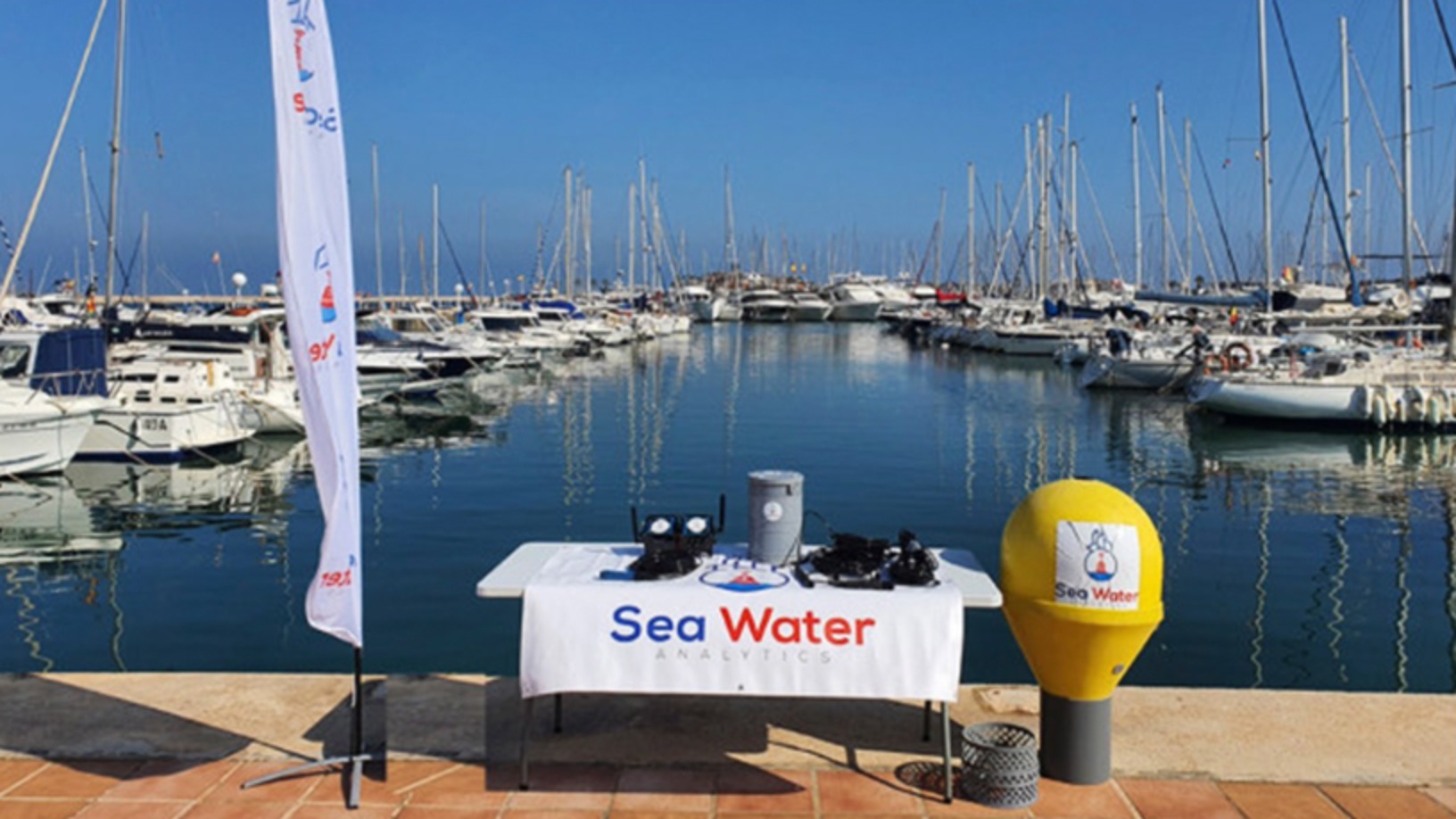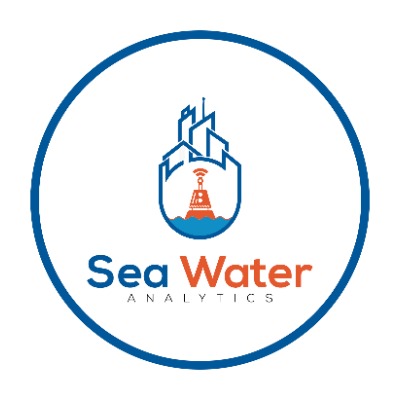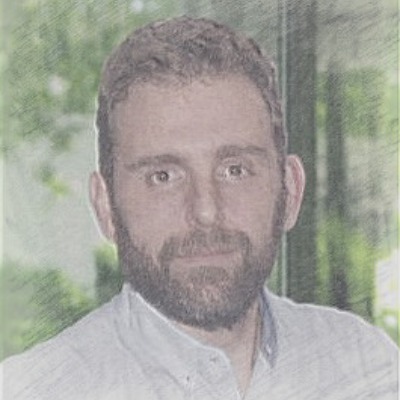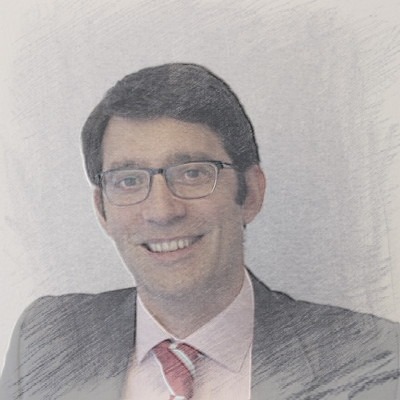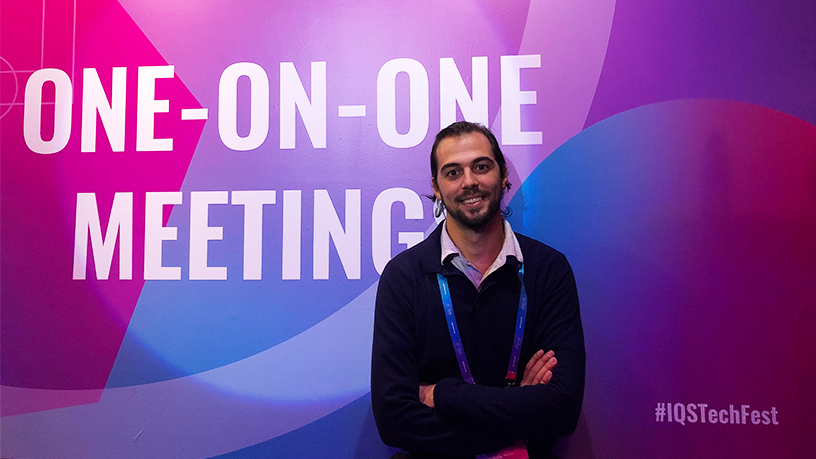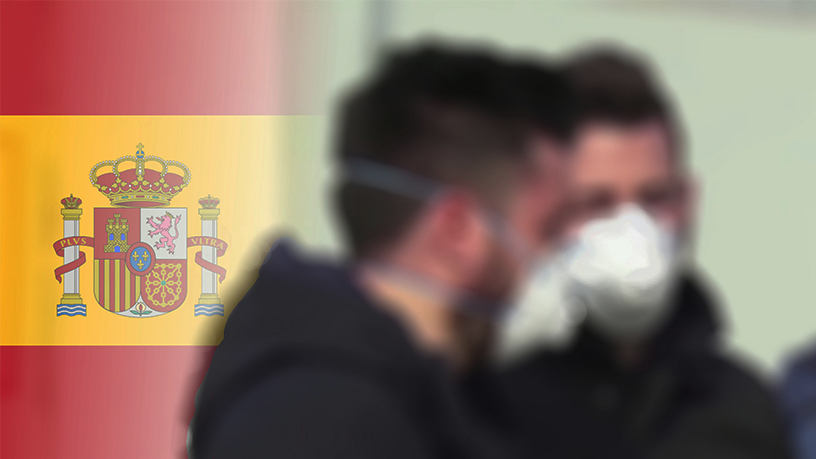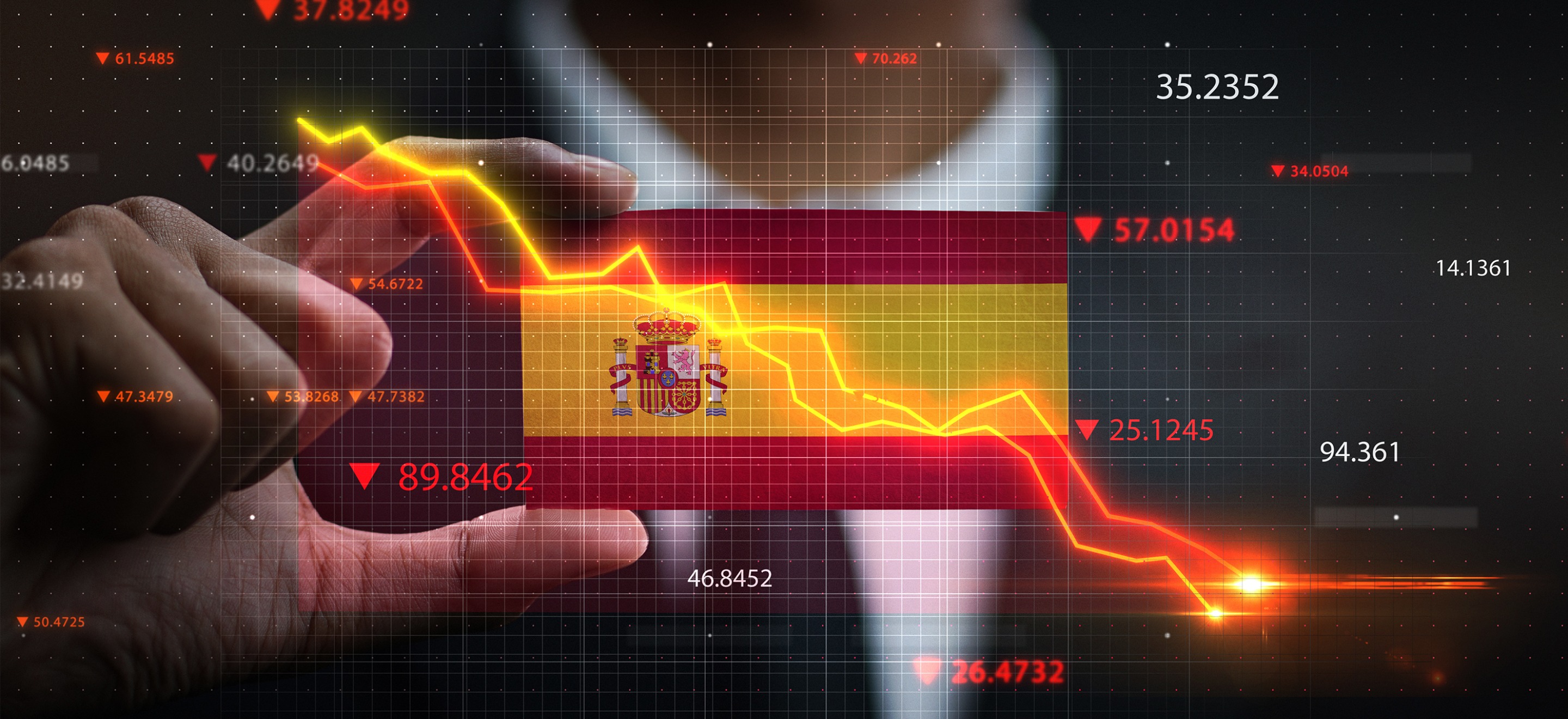As Europe's most popular summer beach destination, Spain is desperate to salvage its seaside tourism for as much of the summer season as possible amid a industry-wide crisis due to the Covid-19 pandemic. Months of inability to adequately monitor coastal pollution, combined with a likely need to apply social distancing when the beaches reopen, have presented an opportunity for Sea Water Analytics to be at the forefront of a managed return to the beach.
The startup also aims to play a leading role in much “needed” research into Covid-19 and sea water, CEO and co-founder Javier Colmenarejo said in a phone interview in late April. In Paris, in recent days, traces of Covid-19 have been found in residual water and media reports have flagged concerns about the risk of getting infected by swimming in the sea.
Sea Water Analytics uses sensors placed on buoys to analyze the hourly state of sea water. Resulting data is sent to the cloud and users view the results with an app interface. The startup also customizes the dataset according to the requirements of its local authority and water company customers. It can also add further functionalities, such as the population density of a beach or jellyfish seasons.
The stakes are high in Spain, where tourism accounts for 12.3% of GDP and is the third biggest industry. The country is the world's second most popular tourist destination, after France. Last year, about 83.7m international travelers visited Spain and there are millions more local visitors during the summer. However, nobody knows for sure if Spain's beaches will reopen this summer, or whether there will be officially a limited summer season.
Engineering the beach
Colmenarejo says that the idea for Sea Water Analytics was born out of both his 15-year career as a civil engineer working in hydraulic management, and the co-founders' interest in adding value to one of Spain's key economic drivers. Moreover, beach tourism has become an ever more environmentally sensitive issue.The other co-founder, CFO Javier Moya Maier, is an industrial engineer by training.
“When preparing offers for engineering jobs for water treatment projects, I noticed that the job specs required quarterly checks on the wastewater outlets and I saw that they weren't nearly enough, especially in summer close to busy beaches,” he said. “So I came up with the idea of tracking emissions into the sea from water treatment plants.
“Our solution, though, is aimed at people going to the beach and for use by municipalities. We want to increase consciousness of the sustainability of the coast among the public using it.”
The company was formally founded only in April 2020 in Madrid, but a lot more stands behind the technology: two long engineering careers, an 18-month successful pilot in Javea on the Costa Blanca, and a previous six-month stint in an environmental management-focused accelerator.
After Colmenarejos's initial idea, which he unsuccessfully submitted as his final Master's project in big data at Madrid's School of Industrial Organization (EOI), he joined Moya, and the pair decided to jointly develop the technology into a business. As the EOI also houses an acceleration program for startups with an environmental focus, the pair decided to embark on developing their technology there, drawing on their joint knowledge.
The journey to 2020
With more than 10 years in industrial engineering and project management, Moya's background complemented Colmenarejos's career in civil engineering, particularly in sanitation and wastewater management. His two master degrees, in Big Data and Business Analytics and in Data Science and IoT, became also highly relevant. “Big data has opened new doors in the engineering sector, which wasn't very techie before,” Colmenarejo said.
Being in the acceleration program in 2017 helped the company develop its technology. The following year, they started the Javea pilot, which was financed with an undisclosed grant from the governmental Center for the Development of Industrial Technology (CDTI) linked to the Ministry of Science and Innovation. Support was dependent on the condition that the startup would go to market following the pilot, which ended in March 2020. The pair teamed up with engineering firm Tech4, with whom Colmenarejo had worked on water projects, and an internet technology partner from Madrid, the Talentum digital agency.
The pilot used existing sensors from other manufacturers that were highly resistant to water and salt. These measured temperature, pH, dissolved oxygen, redox potential, turbidity, conductivity, salinity and dissolved solids – all measures of water quality. In addition, there are two parameters for sea water quality that are regulated in the EU, relating to fecal contamination, which could lead to beaches getting closed. SWA is working to also include these.
Sensors are placed on buoys in the sea at the point where treated wastewater arrives via pipes from water treatment plants. Although the pipes lie on the seabed, the sensors are placed on floating buoys as the wastewater, lighter than seawater, floats to the surface where it can be assessed.
Accumulating data
All the data collected hourly is stored in Google Cloud where it is processed by Sea Water Analytics' algorithms that determine whether readings fit within the normal parameters the company determined over the duration of its pilot. Abnormal values are flagged.
“We need to determine which values are normal at any given moment because the normal values vary at different times of year or even at different times of day,” Colmenarejo said. It is therefore better to have at least two sensors in any body of assessed water to compare and contrast their readings, he said.
The data can then be sent within one hour to the user app that displays the values that each municipality choose to monitor. Data interpretation currently requires a member of Sea Water Analytics' team, comprising the co-founders and part-time staff lent by its two partners, though it will be automated in future. As more data is accumulated and stored, its interpretation becomes ever more reliable.
Detecting crowds and jellyfish
The startup soon realized that municipalities wanted additional functionalities to cater for their beachgoers. “Water quality is obviously the most important factor but all municipalities talk about jellyfish so now we are introducing a predictive service by linking sightings of jellyfish with changes in the parameters of the water quality readings,” Colmenarejo said.
This means that when jellyfish-favorable conditions are recorded based on past occurrences, Sea Water Analytics can predict the likelihood of another jellyfish invasion and the app can warn users. This predictive service does require the initial presence of human spotters on the waterfront, while other potentially in-demand services require the use of cameras.
With Covid-19 likely to require social distancing measures for the foreseeable future, visitor numbers will need to be controlled if beaches are to reopen this summer. The startup places cameras on beaches – drones are not permitted under EU regulation – and analyzes the images for crowd density, relaying the information to the app to advise potential visitors if an unsafe density is reached.
Although the Spanish tech ecosystem is facing unprecedented threats to investment and with state support currently falling short, Sea Water Analytics is still optimistic about securing funding of €150,000 for the round it is currently seeking. Similarly, it is positive that it will attract contract work in the coming weeks for the summer season, however limited.
The price of their solution is approximately €25,000–30,000 for a year of data services and all equipment, said Colmenarejo. The co-founders are confident that their extensive contact book from their former engineering positions, with a vast network of contacts in Spanish municipalities and water companies, will see them secure a contract in the very near future.
